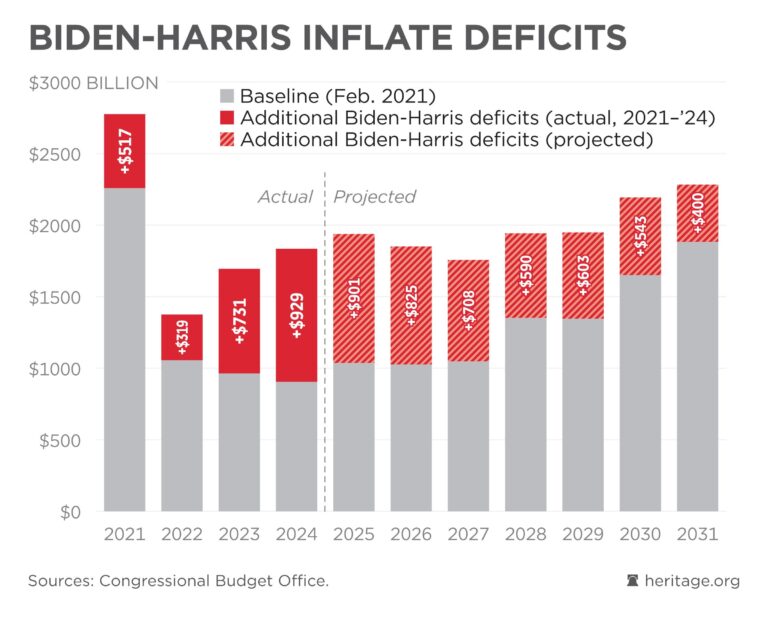The Jerusalem Post has raised questions about the Biden-Harris administration’s financial involvement in Israeli politics, specifically investigating claims that the U.S. government allocated $1 billion aimed at opposing Prime Minister Benjamin Netanyahu. This report delves into the veracity of these assertions, examining the political dynamics between Washington and Jerusalem amid ongoing tensions and the broader implications for U.S.-Israel relations.
Investigating Claims of US Funding Against Netanyahu
The conversation surrounding alleged U.S. financial support aimed at undermining Benjamin Netanyahu’s political standing has stirred considerable debate. Sources have pointed to a figure nearing $1 billion purportedly funnelled into efforts challenging the former prime minister’s influence during key electoral cycles. However, official clarifications from the Biden-Harris administration refute such claims, emphasizing that U.S. foreign aid and diplomatic engagements adhere strictly to policy frameworks without direct interference in internal political contests.
Fact-checkers and political analysts have highlighted several dimensions to these allegations, noting:
- Transparency in State Department allocations related to Israel.
- The role of non-governmental organizations versus direct government funding.
- The broader strategic context of U.S.-Israel relations beyond partisan disputes.
| Category | Claim | Official Response |
|---|---|---|
| Funding Amount | $1 billion | Denied by U.S. officials |
| Political Intent | Support for Netanyahu opponents | No evidence found |
| Source of Funds | U.S. government agencies | Attributed to private groups |
Examining the Political Implications for US Israel Relations
Recent reports suggesting that the Biden-Harris administration allocated nearly $1 billion in opposition against Benjamin Netanyahu have stirred significant debate within political and diplomatic circles. Analysts argue that such financial involvement could signal a strategic pivot in U.S. foreign policy towards Israel, reflecting Washington’s growing concerns over Netanyahu’s hardline stance and its implications for regional stability. Critics claim this unprecedented move may aggravate tensions, potentially undermining bipartisan support for Israel in Congress.
The political consequences extend beyond mere funding figures, raising questions about the future of U.S.-Israel cooperation. Key considerations highlighted include:
- Impact on bilateral intelligence sharing and counterterrorism efforts
- Shifts in congressional support influenced by domestic political agendas
- Recalibration of diplomatic relations amid changing Middle East dynamics
- Responses from Israeli political factions and public opinion
| Aspect | Potential US Interest | Netanyahu’s Position |
|---|---|---|
| Security Cooperation | Maintain strong partnership | Assert sovereignty |
| Diplomatic Strategy | Promote moderation | Focus on nationalist policies |
| Economic Aid | Leverage for policy influence | Resist external pressure |
| Regional Stability | Encourage peace negotiations | Emphasize defensive posture |
Analyzing the Evidence and Sources Behind the Allegations
Claims asserting that the Biden-Harris administration allocated $1 billion to actively oppose Benjamin Netanyahu have surfaced repeatedly in certain media circles. However, a detailed investigation into the sources behind these allegations reveals a concerning lack of concrete documentation. The primary evidence cited often stems from unnamed officials or unverified reports that have not been corroborated by credible government records or budget disclosures. Official spending related to U.S. foreign aid and diplomatic efforts, publicly accessible through congressional budget committees and State Department releases, offer no indication of a dedicated fund aimed specifically at undermining Netanyahu’s political position.
Moreover, experts on U.S.-Israel relations point out that the complexities of diplomatic funding rarely align with simplistic narratives. A closer look at the actual data shows that the administration’s expenditures focus on supporting democratic institutions and regional security without directly targeting any individual leader. To clarify:
- Foreign Aid Budget: Primarily designated for military cooperation and humanitarian projects.
- Diplomatic Initiatives: Emphasize sustaining peace talks and economic partnerships.
- No Evidence: Of covert operations or financial campaigns against Netanyahu found in official channels.
| Category | 2019 (Pre-Biden) | 2023 (Current) | Direct Opposition Funds |
|---|---|---|---|
| U.S. Foreign Aid to Israel | $3.8 billion | $3.9 billion | $0 |
| Diplomatic Programs | Ongoing | Ongoing | None reported |
Policy Recommendations for Transparent Diplomatic Engagement
To foster clarity and rebuild trust in diplomatic affairs, it is essential to implement comprehensive transparency measures. Governments should adopt mandatory disclosure policies that detail the scope, budget, and objectives of foreign funding, ensuring that taxpayers are fully informed. Furthermore, establishing independent oversight committees can effectively monitor diplomatic expenditures, preventing misuse of funds and enabling prompt accountability when discrepancies arise.
Effective diplomacy hinges on open communication channels that allow for robust public engagement and media scrutiny. Policymakers are encouraged to embrace a strategic transparency framework, including:
- Regular public reporting on diplomatic activities involving significant financial transactions
- Clear guidelines governing lobbying efforts and foreign influence operations
- Accessible databases that track diplomatic grants and aid by recipient and purpose
| Recommendation | Expected Outcome |
|---|---|
| Mandatory Disclosure | Enhanced Public Trust |
| Independent Oversight | Accountability & Fraud Prevention |
| Public Reporting | Informed Citizenry |
Concluding Remarks
In conclusion, while allegations of a $1 billion expenditure by the Biden-Harris administration to oppose Benjamin Netanyahu have circulated, definitive evidence remains elusive. The Jerusalem Post continues to monitor developments closely, emphasizing the importance of transparency and accountability in U.S.-Israel relations. As investigations and political discourse progress, all parties involved call for a clear and fact-based understanding of the situation amid a complex geopolitical landscape.




